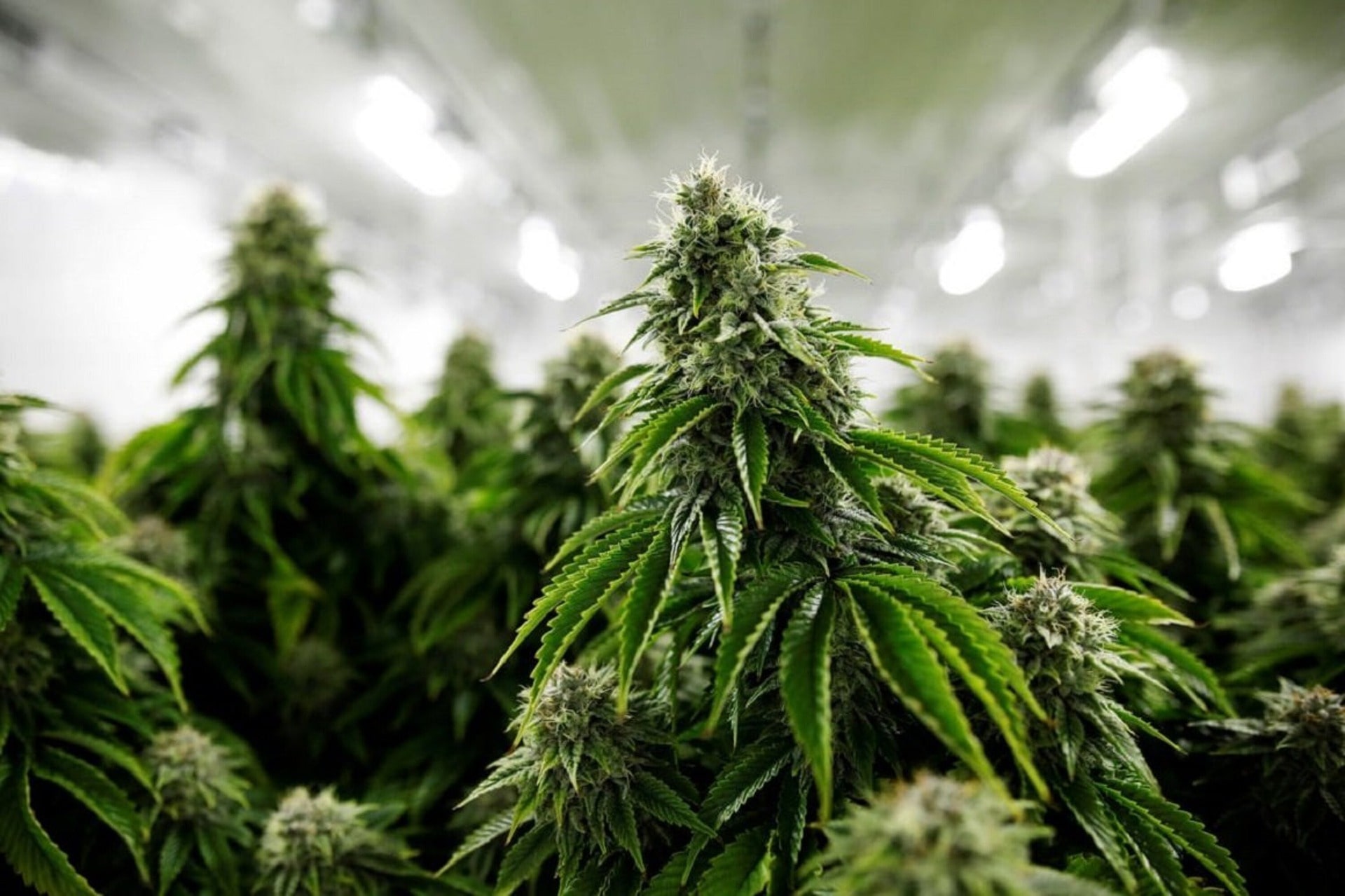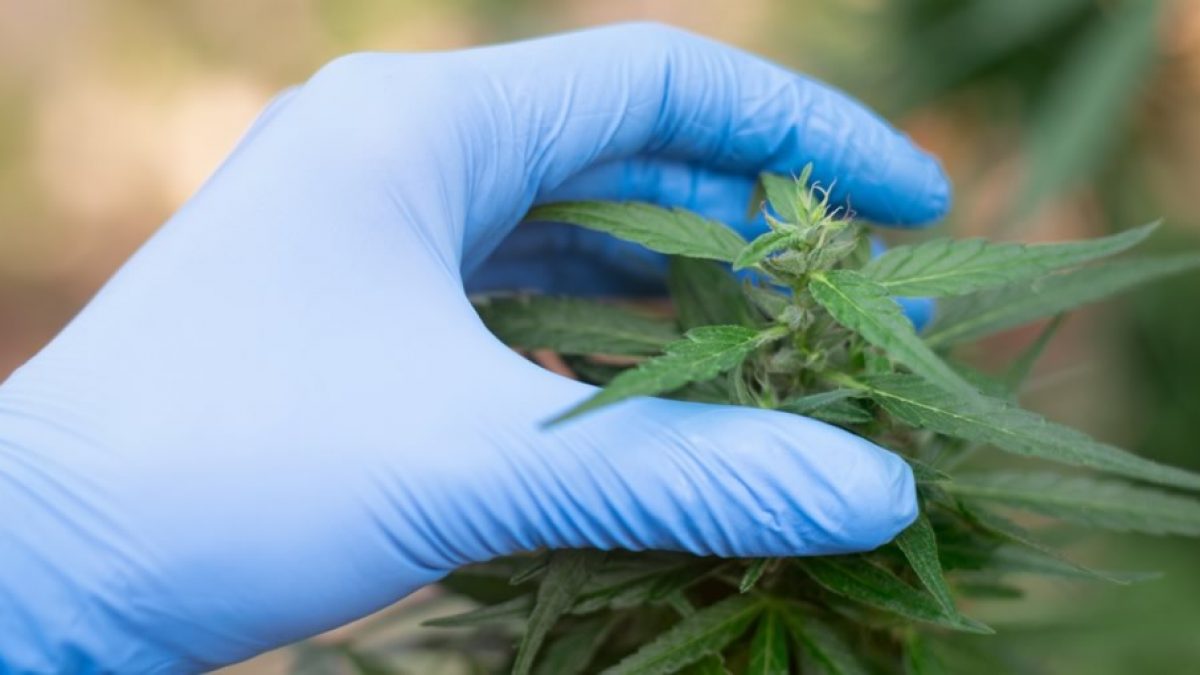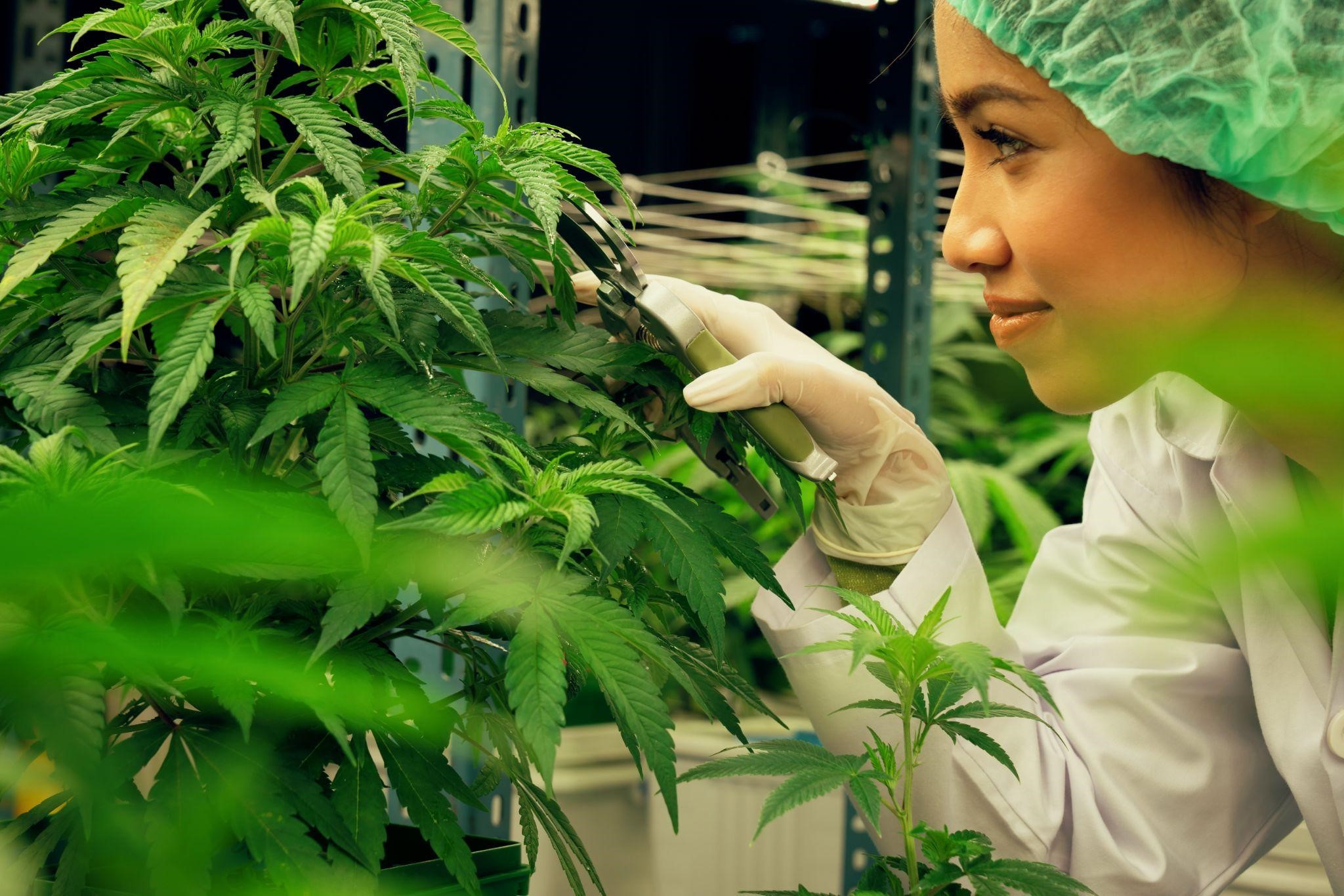Find a Neighboring Medical Marijuana Dispensary for High Quality Products
Find a Neighboring Medical Marijuana Dispensary for High Quality Products
Blog Article
Shedding Light on What Medical Cannabis Can Treat: an Extensive Analysis of Its Therapeutic Qualities
In recent years, there has actually been a growing interest in the healing capacity of clinical cannabis. While anecdotal proof is plentiful, a thorough examination of the scientific information relating to the effectiveness of clinical marijuana in dealing with these problems is necessitated.
Chronic Discomfort Monitoring
Persistent discomfort administration remains an important element of clinical care, necessitating a detailed approach for reliable therapy. In recent times, medical marijuana has emerged as a possible therapeutic alternative for people experiencing chronic discomfort conditions. The endocannabinoid system, which plays an important duty hurting inflection, has been targeted by cannabis-based treatments to ease symptoms and enhance lifestyle for individuals.

Moreover, clinical cannabis uses an appealing option for individuals who experience excruciating negative effects from standard pain drugs. Its capacity to resolve discomfort through a various mechanism makes it an important addition to the toolbox of treatments readily available for persistent discomfort management.
Epilepsy Treatment Possible
Medical cannabis has actually revealed appealing potential in the therapy of epilepsy, supplying a novel restorative technique for managing seizures in patients. Epilepsy is a neurological disorder characterized by recurring seizures, impacting people of all ages. Conventional treatments for epilepsy include antiepileptic medications, but these drugs may not be reliable for all patients and can have significant side effects.
Research study on using medical cannabis for epilepsy has exposed motivating outcomes. Cannabidiol (CBD), a non-psychoactive substance located in marijuana, has been especially highlighted for its anticonvulsant buildings. Research studies have shown that CBD can decrease the frequency and seriousness of seizures in clients with treatment-resistant kinds of epilepsy, such as Dravet syndrome and Lennox-Gastaut syndrome.
Moreover, the FDA has accepted a CBD-based drug, Epidiolex, for the treatment of seizures related to these severe forms of epilepsy. This landmark highlights the growing acknowledgment of medical marijuana as a useful healing option for managing epilepsy and provides wish for patients that have actually not responded well to conventional treatments.
Nausea Alleviation Conveniences
The reduction of queasiness with making use of cannabis has been progressively recognized for its therapeutic advantages in numerous clinical conditions. Nausea or vomiting and throwing up prevail symptoms experienced by patients undergoing chemotherapy, those with food poisonings, and individuals with persistent discomfort conditions. Medical cannabis, with its active compounds such as THC and CBD, has shown pledge in supplying relief from nausea or vomiting.

Additionally, clinical marijuana provides an all-natural option for people that do not react well to conventional anti-nausea medicines or who experience serious side effects from these medications. Patients going through radiation treatment, in specific, have reported significant improvements in their top quality of life when using cannabis to handle nausea. As research around remains to grow, clinical cannabis is significantly being considered as a beneficial alternative for nausea or vomiting alleviation in various medical settings.
Anxiousness Decrease Impacts
Researches have shown the potential of cannabis in reducing stress and anxiety signs and symptoms with its communication with the endocannabinoid system. The endocannabinoid system plays an important function in controling emotions, including anxiousness, by keeping homeostasis in the body. Cannabinoids in marijuana, such as THC and CBD, engage with the endocannabinoid receptors in the mind, especially the CB1 and CB2 receptors, to regulate anxiety-related reactions.

People with conditions like generalized stress and anxiety problem (GAD), social anxiety disorder, and trauma (PTSD) may take advantage of the anxiolytic buildings of cannabis (Medical Cannabis Card). Additional study is required to determine optimum does, delivery approaches, and lasting impacts on anxiousness monitoring.
Prospective for Inflammation Control
With its known anti-inflammatory residential or commercial properties, marijuana has actually revealed assurance in potentially controlling swelling within the body. Swelling is the body's natural feedback to injury or infection, but when it ends up being chronic, it can add to numerous illness such as arthritis, inflammatory bowel illness, and also cardiovascular disease. Research study suggests that the cannabinoids located in cannabis, such as THC and CBD, can assist manage the immune action and reduce swelling.
Studies have shown that cannabis can connect with the endocannabinoid system, which plays an essential function in controling inflammation. By targeting the cannabinoid receptors, cannabis substances can modulate the immune feedback, bring about a decline in swelling levels. This makes marijuana a potential prospect for taking care of inflammatory problems where conventional treatments have actually failed.
Additionally, cannabis-derived items like CBD oil have actually acquired popularity for their anti-inflammatory residential properties, with several individuals using them as an all-natural treatment for conditions connected with swelling. While even more research study is needed to totally understand the systems behind cannabis's anti-inflammatory effects, current searchings for reveal appealing results for the prospective use of medical marijuana in controlling swelling.
Final Thought
Finally, clinical cannabis has shown appealing therapeutic properties in taking care of chronic pain, dealing with epilepsy, alleviating nausea, decreasing stress and anxiety, and regulating inflammation. Its prospective advantages in different clinical conditions highlight the relevance of further research and expedition into its medical use. The proof recommends that clinical cannabis could be a beneficial choice therapy option for patients seeking remedy for a range of problems and signs.
In current years, clinical cannabis has actually emerged as a prospective healing choice for people enduring from chronic discomfort conditions.Medical cannabis has actually shown promising possibility in the therapy of epilepsy, providing an unique restorative technique for managing seizures in patients. As research study in this area proceeds to expand, clinical marijuana is increasingly being considered as a useful option for nausea alleviation in various clinical settings.
In verdict, medical marijuana has shown encouraging restorative homes in managing persistent pain, dealing with epilepsy, easing queasiness, minimizing anxiousness, and regulating swelling. The evidence suggests that medical marijuana can be a useful option treatment alternative for individuals seeking alleviation from other an array of conditions and signs.
Report this page